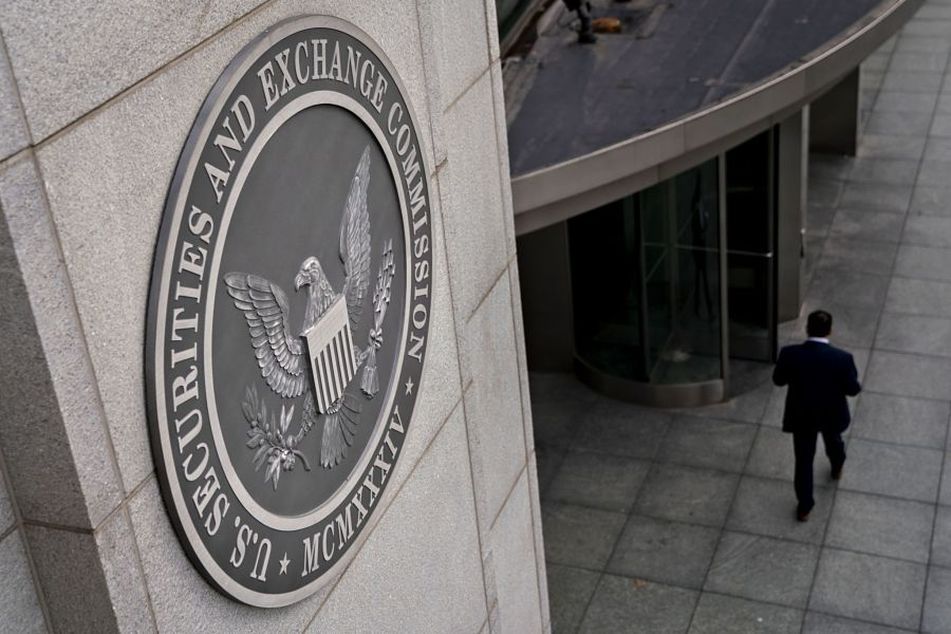SEC obtains record $4.7 billion in penalties, disgorgement

Enforcement cases drop in latest fiscal year, but agency officials tout results obtained amid pandemic challenges
The Securities and Exchange Commission opened fewer enforcement cases during the last fiscal year but obtained a record $4.7 billion in monetary remedies — a result it touted given the challenges posed by the coronavirus pandemic.
In its enforcement report for fiscal 2020, the agency said it brought 715 enforcement actions, 405 of which were stand-alone actions pursued in federal court or in the agency’s administrative forum. The number of stand-alone actions was down from 526 in fiscal 2019 and the lowest number since fiscal 2015.
Of the stand-alone cases, most involved securities offerings (32%), followed by investment advisory and investment company issues (21%) and accounting auditing violations (15%). About 10% of the cases were brought against broker-dealers.
The slowdown in the number of stand-alone cases can be attributed in part to the pandemic, which has forced SEC staff to telework since mid-March. Nonetheless, the agency said it opened 492 of the total 715 enforcement cases after staff started to work remotely.
“Since mid-March, the entire Division has been working from home, which has created unique impediments to several important aspects of our work, such as taking testimony from live witnesses, gathering evidence, and litigating our cases in court,” the annual report states. “Nevertheless, the Division found ways to recommend meaningful cases to the Commission and to protect the investing public.”
The agency set a record $4.68 billion in total disgorgement and penalties in fiscal 2020. The previous high over the last six years was $4.35 billion in fiscal 2019. The SEC returned more than $600 million to harmed investors.
The agency was able to hit the curveball thrown by the pandemic, said Ken Joseph, managing director at the financial consulting company Duff & Phelps.
“In light of the headwinds they faced, it was a good year,” said Joseph, a former supervisor in the SEC enforcement division’s asset management unit. “It represents some important pivots for the agency.”
Joseph said the SEC is leveraging data analytics and cooperation with whistleblowers and firms that self-report to more efficiently conduct its enforcement operations.
From mid-March through the end of the year, the agency took in 16,000 tips, complaints and referrals, a 71% increase over the previous fiscal year, Stephanie Avakian, director of SEC Enforcement, wrote in a letter accompanying the annual report. The division opened more than 150 pandemic-related investigations and inquiries, and recommended several fraud actions to the commission.
“We think this triage and investigative work, and the resulting Commission trading suspensions and fraud actions, meaningfully changed the landscape for investors during a period of significant market uncertainty,” Avakian wrote.
The agency’s enforcement workload will increase in the months ahead, said Jeff Boujoukos, a partner at Morgan Lewis.
“The enforcement division’s resources are going to be heavily taxed working through those tips, complaints and referrals, as well as all the investigations that were delayed last year,” said Boujoukos, former director of the SEC’s Philadelphia office.
The agency said its enforcement efforts will continue to prioritize inadequate disclosure of conflicts of interest by investment professionals. The report highlighted the agency’s crackdown on high-fee mutual fund share classes, as well as its probes of cash sweep accounts and cost transparency related to wrap-fee accounts.
“The SEC is constantly looking for cases involving fees charged to retail investors,” Boujoukos said.
[More: SEC eases rules for accessing private securities markets]
Learn more about reprints and licensing for this article.








